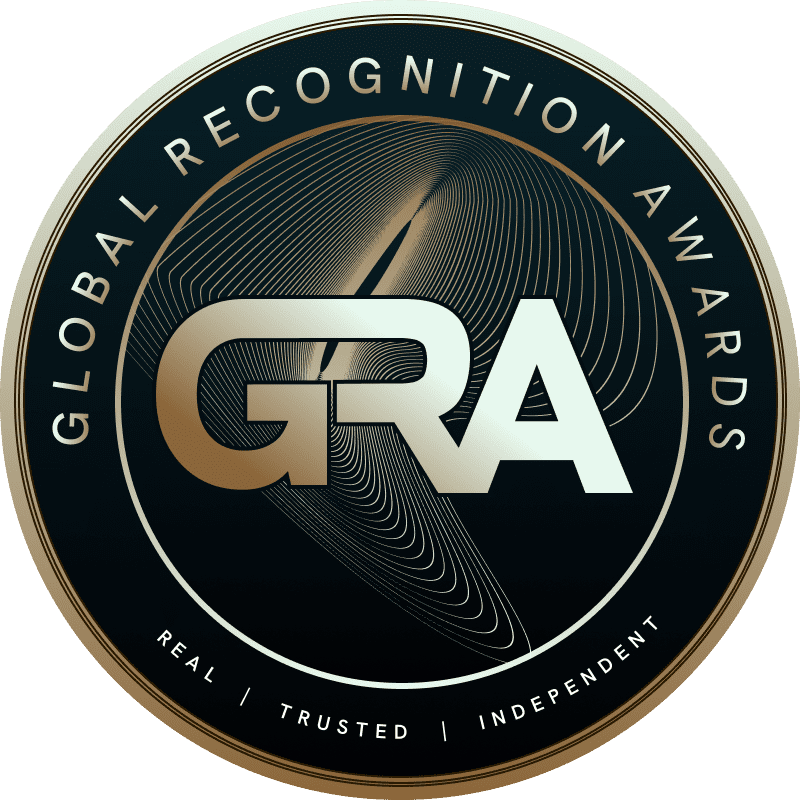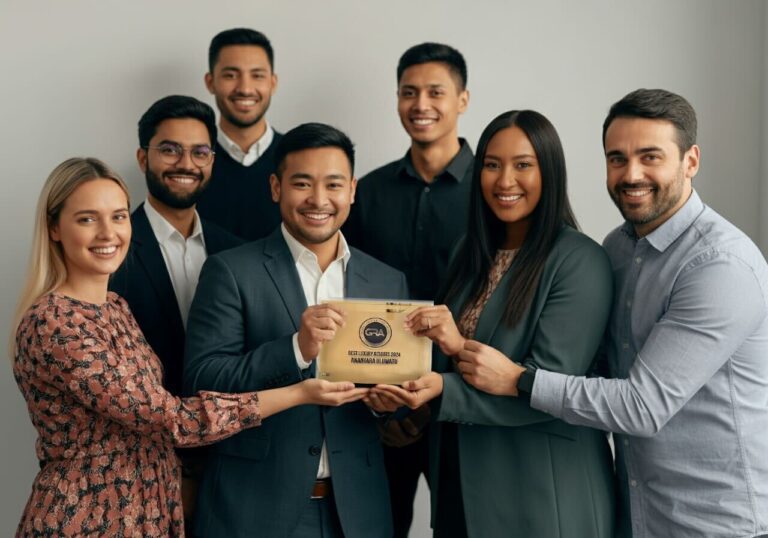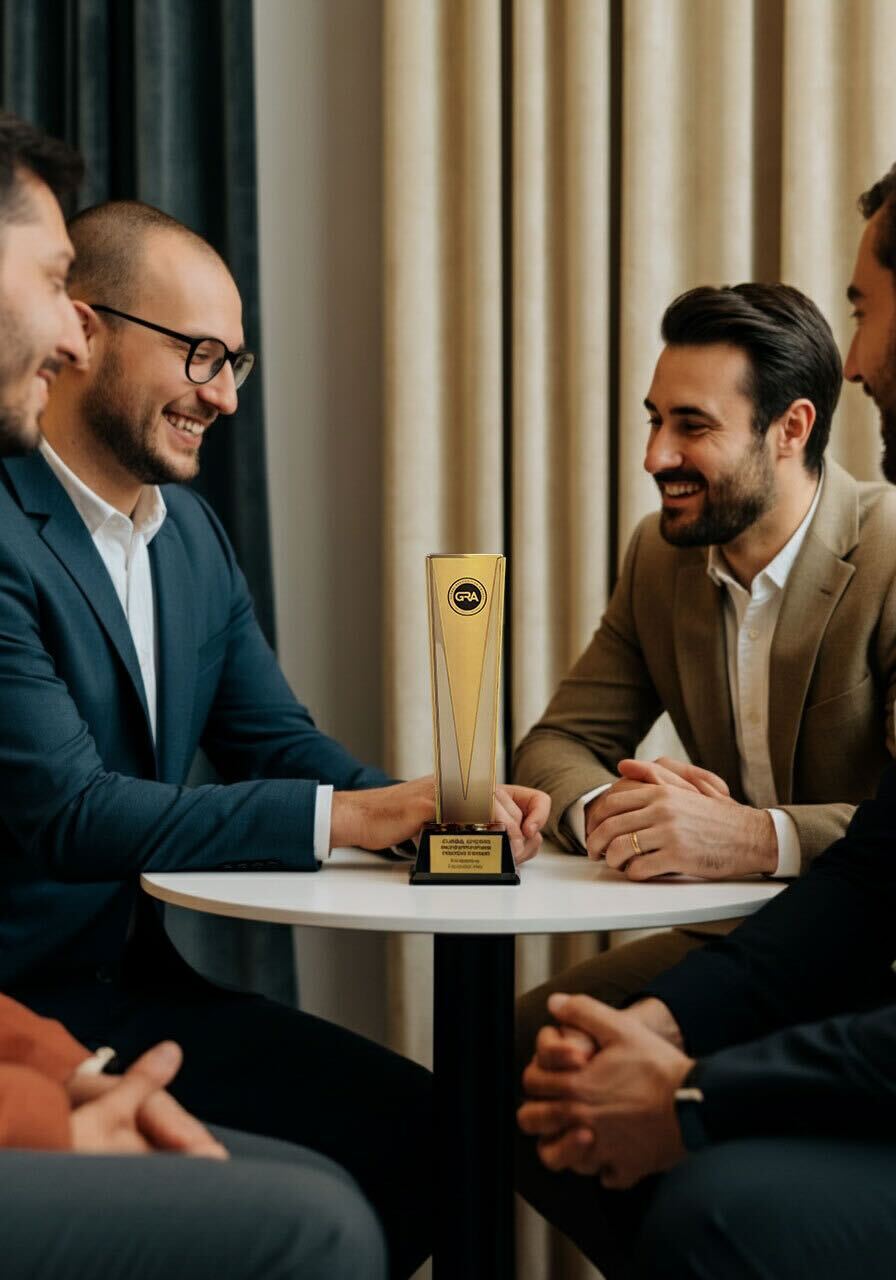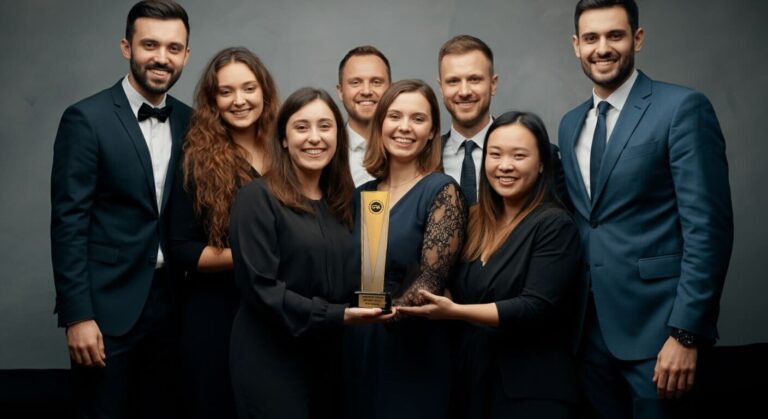Table of Contents
Why HR Excellence Matters More Than Ever
Workplace success today gets measured in ways that profit margins alone cannot capture. Companies now track culture scores, retention rates, and engagement metrics with the same intensity they once reserved for quarterly earnings. The Human Resource Awards serve a crucial function in this landscape. They provide external validation for the internal work that shapes how people experience their jobs on a daily basis. When an organization receives recognition for its HR practices, the message travels beyond boardrooms. Employees see proof that their workplace genuinely invests in their growth. Job seekers notice companies that prioritize people. Investors recognize organizational recognition as a signal of sustainable leadership. The awards themselves represent something deeper than trophies on shelves. They validate the systems, policies, and cultures that determine whether talented people stay or leave.
Recognize Greatness, Grow Trust
HR awards aren’t vanity, they’re signals of fairness and values in action; celebrate wins consistently to strengthen belonging, retention, and everyday collaboration.
Building Employee Trust Through Recognition
Employee trust operates like compound interest in a savings account. Small, consistent deposits accumulate into something substantial over time. Recognition creates those deposits. When leadership acknowledges contributions publicly, employees feel valued in ways that extend far beyond paychecks. The psychology here proves straightforward. People who feel seen and appreciated develop stronger emotional connections to their work and colleagues. They advocate for their organizations. They recommend jobs to friends. They stick around during challenging periods.
Research reveals organizations with robust recognition frameworks experience 31% lower voluntary turnover compared to those without systematic acknowledgment programs. The connection between recognition and employee engagement becomes clear when you examine retention patterns. Teams that celebrate achievements regularly report higher motivation levels and stronger collaboration. HR recognition programs transform abstract appreciation into tangible moments. They create shared stories that reinforce workplace culture. Every award, every public acknowledgment, every celebration sends a signal about what leadership genuinely values. Employees pay attention to these signals. They calibrate their expectations based on whether organizations match words with actions.
When Culture Becomes Your Brand
Internal trust does something remarkable when it reaches critical mass. The culture you build within your organization starts to show up in how the world perceives you. Employer branding stops feeling like marketing spin and starts reflecting authentic workplace experiences. Job candidates research companies differently now. They read Glassdoor reviews, ask their networks, and evaluate whether organizational values align with their own. Recognized HR teams attract stronger talent pools because external validation confirms internal reputation.
The ripple effect touches multiple stakeholders. Investors are increasingly evaluating companies through environmental, social, and governance (ESG) lenses. Strong people practices signal management quality. Customers want to support businesses that treat employees well. Partners prefer collaborating with organizations known for workforce excellence. Recognition for employee recognition practices amplifies these positive perceptions. Winning an HR award provides concrete evidence that your culture statements match reality. Talent retention improves when potential hires see proof that an organization invests in its people. The external brand becomes inseparable from the internal experience.
What Judges Actually Measure
Understanding how HR awards get evaluated reveals what truly matters in modern people management. Judges examine multiple dimensions. They assess leadership innovation and whether executives champion employee wellbeing beyond policy documents. Diversity initiatives get scrutinized for measurable progress rather than aspirational language. Employee engagement scores receive weight when supported by participation rates and sentiment data. Wellness programs are evaluated based on utilization metrics and improvements in health outcomes. Upskilling investments get measured through completion rates and career advancement patterns.
Global Recognition Awards approaches evaluation through a data-centric lens. Judges look for measurable outcomes rather than impressive-sounding policies. The methodology prioritizes transparency. Organizations submit evidence of impact alongside program descriptions. Third-party verification strengthens credibility. The judging process itself reflects the values that matter in HR excellence. Transparency breeds trust. Rigorous evaluation standards ensure that awards recognize genuine achievement rather than clever marketing. When organizational recognition comes through a credible assessment, it carries weight with employees, candidates, and stakeholders who value substance over surface-level claims.

The Business Case for HR Recognition
The return on investment from HR excellence is evident in multiple areas. Reduced churn has a direct impact on the bottom line. Replacing an employee costs anywhere from 50% to 200% of their annual salary when you factor in recruiting, onboarding, and productivity losses. Organizations recognized for their people practices see measurably lower turnover rates. Glassdoor scores improve when employees share positive experiences. Higher ratings attract better candidates and reduce recruiting costs.
Culture scores correlate with customer satisfaction and innovation metrics. Happy, engaged employees create better products and deliver superior service. Stakeholder trust increases when governance structures prioritize people alongside profit. Recognition demonstrates that leadership values workforce excellence. The tangible outcomes extend beyond HR departments. Sales teams close deals faster when they can point to employer awards. Marketing campaigns gain authenticity when backed by third-party validation. Recruitment timelines shrink when strong employee retention strategies reduce constant hiring pressure. Every dollar invested in recognition-worthy HR practices generates returns across multiple organizational functions.
Awards That Shape Culture
Formal recognition turns principles into practice; spotlight meaningful contributions to build credibility, boost engagement, and make teamwork the default.
Recognition That Changed Everything
One technology company saw employee engagement scores jump 25% within 18 months after winning a national HR award. The recognition catalyzed internal momentum. Leadership used the award as a rallying point to accelerate existing initiatives. Employees felt proud to work somewhere externally validated for its culture. The company prominently featured the award in its recruiting materials. Job offer acceptance rates improved by 15%. Candidates mentioned the award during interviews as a factor in their decision.
Another organization took a different approach. After receiving recognition for diversity initiatives, they incorporated the award into employer branding campaigns. Social media posts highlighting the achievement reached millions of potential candidates. The company positioned itself as an industry leader in inclusive practices. Applications from underrepresented groups increased significantly. Current employees shared posts enthusiastically, becoming brand ambassadors.
Both examples illustrate key insights. Recognition amplifies existing efforts rather than substituting for substantive work. Consistency matters more than perfection. Transparent communication about achievements builds credibility. The organizations didn’t win awards by accident. They invested systematically in people practices, measured outcomes rigorously, and communicated progress honestly. The leadership awards they received recognized years of focused effort. The recognition itself became a tool for accelerating further progress.
Data-Driven Recognition Ahead
People analytics reshapes how organizations understand and improve employee experience. Artificial intelligence tools now analyze sentiment in real-time from multiple sources. Engagement surveys get supplemented by communication pattern analysis and collaboration metrics. Predictive models identify flight risks before employees mentally check out. Recognition programs increasingly rely on quantifiable data rather than subjective assessments.
The evolution creates opportunities for more meaningful acknowledgment. Traditional annual reviews give way to continuous feedback loops. Peer recognition platforms generate data about informal leadership and team dynamics. Wellness program participation connects to productivity metrics through privacy-respecting frameworks. Global Recognition Awards stays ahead of these trends by prioritizing data-backed evaluation. Leadership credibility depends on demonstrable impact. The future belongs to organizations that measure what matters and recognize genuine progress. HR recognition becomes more precise, fairer, and more connected to business outcomes when supported by robust analytics.

Celebrate Work, Earn Loyalty
Tie awards to core values and real outcomes; make appreciation visible and frequent to deepen trust, reduce turnover, and energize performance.
Strategic Value Beyond the Trophy
Human resource awards reflect internal values rather than vanity projects. They provide external confirmation that the culture you’re building produces real results. The trophy matters less than what it takes to earn it. Organizations that pursue recognition systematically improve their people practices. The evaluation process itself drives reflection and refinement. Winning validates that your HR team functions as a strategic asset rather than an administrative function.
The strongest organizations celebrate their people teams as drivers of competitive advantage. They invest in employee engagement, develop robust organizational recognition systems, and rigorously measure workforce excellence. They understand that employer branding flows from authentic culture rather than marketing claims. When you genuinely prioritize people, recognition follows naturally. The awards serve as markers of progress on a longer journey toward building workplaces where talented people want to stay and thrive.
Global Recognition Awards offers programs designed to spotlight HR innovation and excellence. Organizations ready to showcase their people practices can explore upcoming award opportunities. The recognition you pursue today validates the culture you’re building for tomorrow.
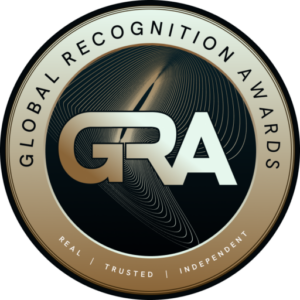
Jethro Sparks
Founder of Global Recognition Awards
Ready to take your business to the next level?
Apply today and be a winner
